The financial world is a complicated place with different types of investments, risks, and rewards. However, the two main categories are stocks (stock market) and bonds (bond market). Stocks have a higher risk, but also offer higher returns when they do well. Bonds yield more consistent income with lower risk than stocks. When you’re investing for retirement it is important to invest in both stocks and bonds. This way you will be able to diversify your portfolio to withstand down markets as well as good ones. In this article let us discuss the differences between a Retirement fund Vs Index fund.
What is a Retirement Fund?
Investing in retirement funds can be a great way to save and invest money. It offers you the chance of receiving regular monthly payments after retirement and is thus also a pension fund. If you choose annuities on investments it will last until death. The pension fund benefits don’t depend on fluctuations in assets or market volatility. Your investments are stable during difficult times while still offering higher returns than other types of investment options.
You must remember it is never too early for you to start saving for retirement. Pension funds can be an excellent way to achieve a secure future. Investors have many options for planning their golden years, including government pension schemes and life insurance policies. But mutual fund companies are now offering pensions or retirement funds. These are new ways of investing for your long-term financial stability. The funds enable investors with systematic savings plans to work out their futures well in advance.
What is an Index Fund?
Diversifying investments and balancing risk are two important concepts for savvy investors. Index funds offer a potential solution to both these problems. The funds help investors replicate their desired performance by buying all of the stocks in an index portfolio. One advantage is that these portfolios have low expense ratios which ensure consistent returns for those who invest wisely.
It is cheaper to invest in index funds because they are less actively managed. Index funds copy an established index by tracking it for a lower fee than most other options. This enables investors with riskier portfolios to target their investments so that all of them balance each other out. You can avoid risks weighing down on any one part of your portfolio too heavily.
Index Mutual Funds invest in stocks that imitate a stock market index like the NSE, BSE Sensex. Fund managers passively manage them and keep track of underlying measures of performance by investing in the same securities. They endeavor to offer returns comparable to their respective indexes. These funds are good for long-term investments as they involve less volatility than typical mutual fund options.
Who Should Invest in Index Funds?
Index funds are for investors looking for a risk-free investment to manage money. The funds track specific indexes and offer predictable returns that are similar to those the markets offer. It is best to invest in these funds instead of taking on more risks than necessary through other investments.
Index Mutual funds are investment vehicles, that offer consistent returns without the requirement of tracking. Investors get returns matching those on indexes such as Sensex or Nifty. However, if you hope to earn higher profits each year, then investing in actively managed equity funds is better. However, equity funds are riskier than index funds, whereas the latter is more predictable. These funds may also perform well, or even better than actively managed funds in the short term. However, studies have shown that active managers tend to outperform indexes over long periods of time. The long-term investment horizon is longer than 7 years. The main reason is they can do more thorough research and use their skills to make educated buy/sell decisions. But if your risk tolerance is not high you can invest in index funds.
Retirement Fund Vs Index Fund – Differences Between Retirement Fund and Index Fund
Taxation
Index fund is a class of equity fund and it is taxable like any other equity fund. Tax gain upto Rs. 100,000 per annum is exempt. Taxes on short-term capital gains are applicable at the rate of 15%. Whereas taxes on long-term capital gains are applicable at the rate of 10%. In comparison, retirement funds give you tax benefits. Any contribution upto Rs. 150,000 is exempt from tax under Section 80CCC of Income Tax Act.
Insurance
You do not get insurance cover in index funds. In retirement funds, most of the schemes provide insurance plans.
Risk
Index funds are basically mapping the indexes and are less risky than any other equity related fund. But you should switch to actively managed funds when the market slumps. Retirement funds are low-risk funds and are the safest investment options. You have an option to put money under government backed securities in case you are a risk averse investor.
Long term investment
For Index funds a minimum of 6-7 years of investment horizon is applicable. Retirement funds are basically aiming for stability to your retirement. The main objective of retirement funds is to provide security.
Retirement Fund or Index Fund Which is a Better Option?
Retirement funds and index funds are for people with different needs. If you want to have exposure in equity index then an index fund will be the right option. But, if you are aiming for a stress-free retirement then you must invest in a retirement fund. Index fund is a group of companies that comes under one index so it involves risk. A retirement fund provides you with security hence it is less risky. If you start investing early then it is best to opt for both by proportionately dividing your income. It will help you maximize your return along with saving for retirement.
- Confused if your portfolio is performing right enough to meet your goals?
- How long have you been investing in mutual funds?
- What is your current portfolio size?
- What is your approximate annual household income?
- Your profile does not qualify for a call with a Financial Expert.
- What is a Retirement Fund?
- What is an Index Fund?
- Who Should Invest in Index Funds?
- Retirement Fund Vs Index Fund – Differences Between Retirement Fund and Index Fund
- Retirement Fund or Index Fund Which is a Better Option?











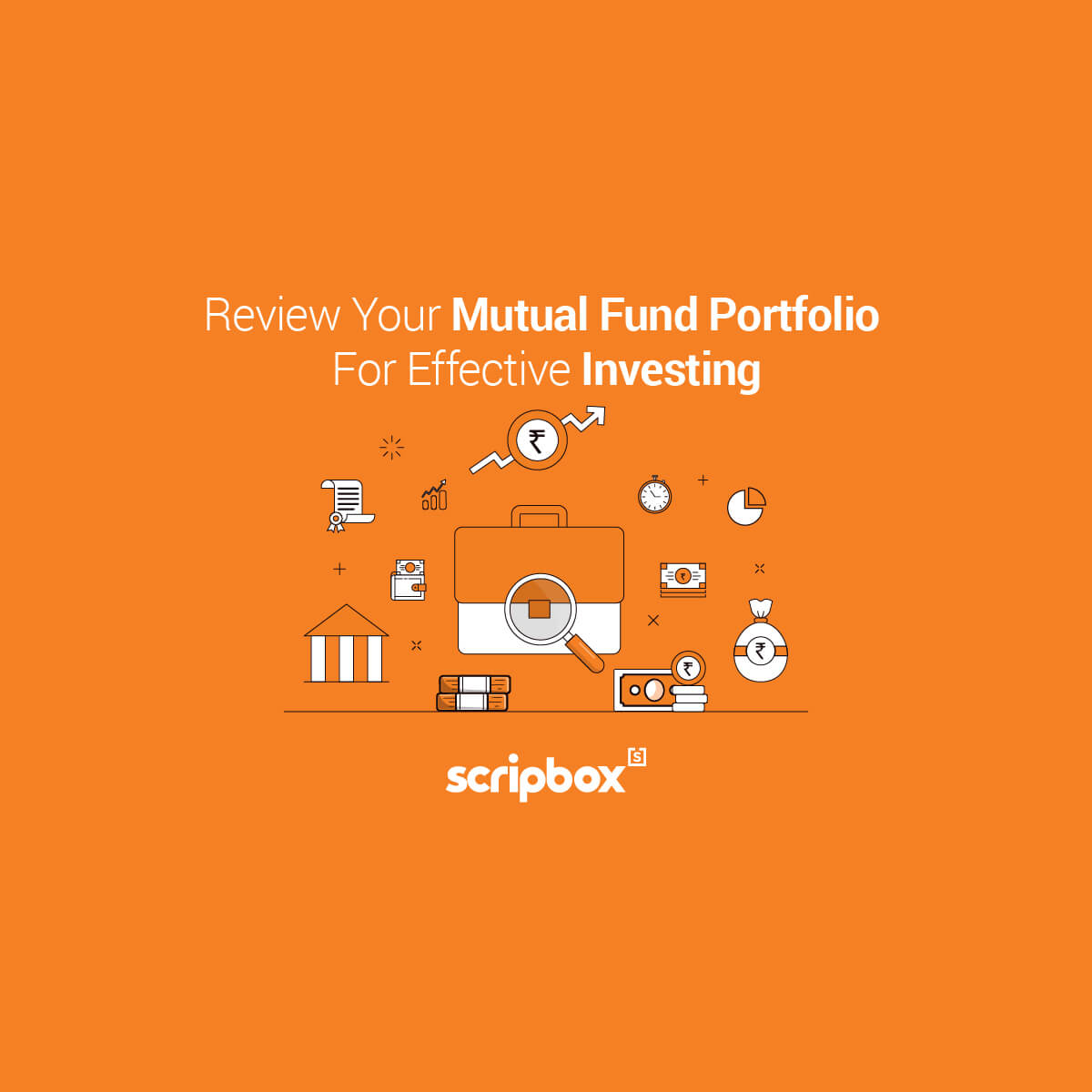
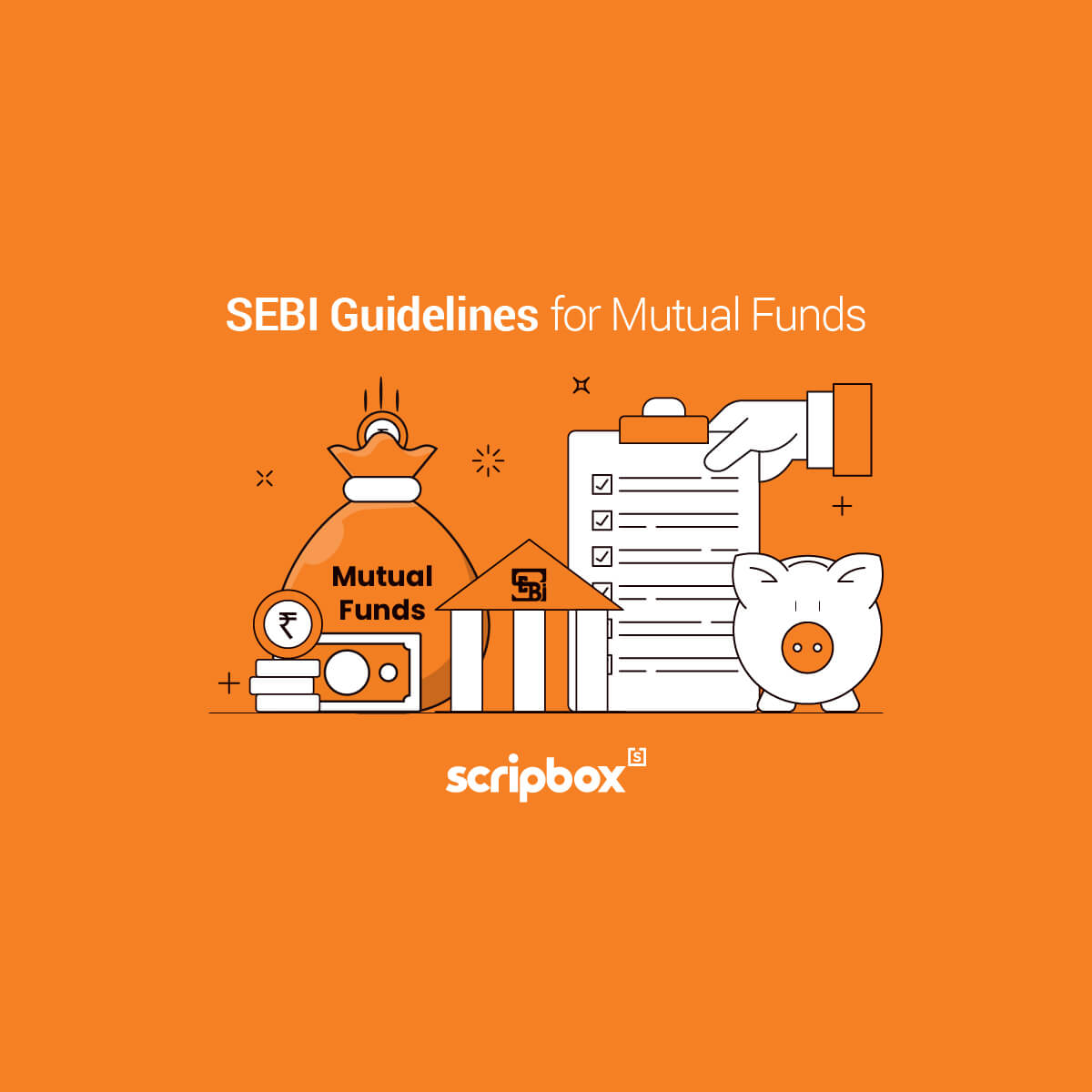
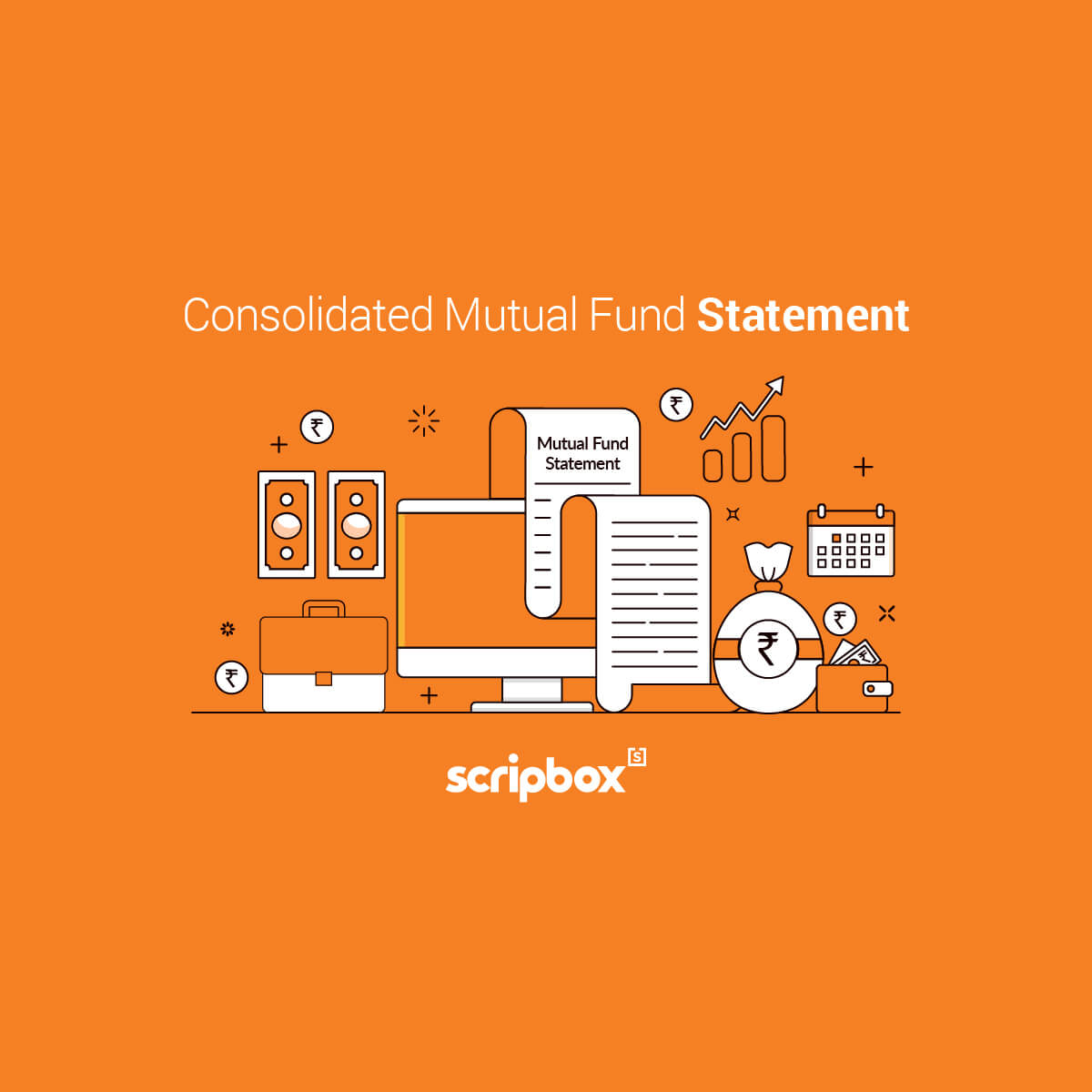
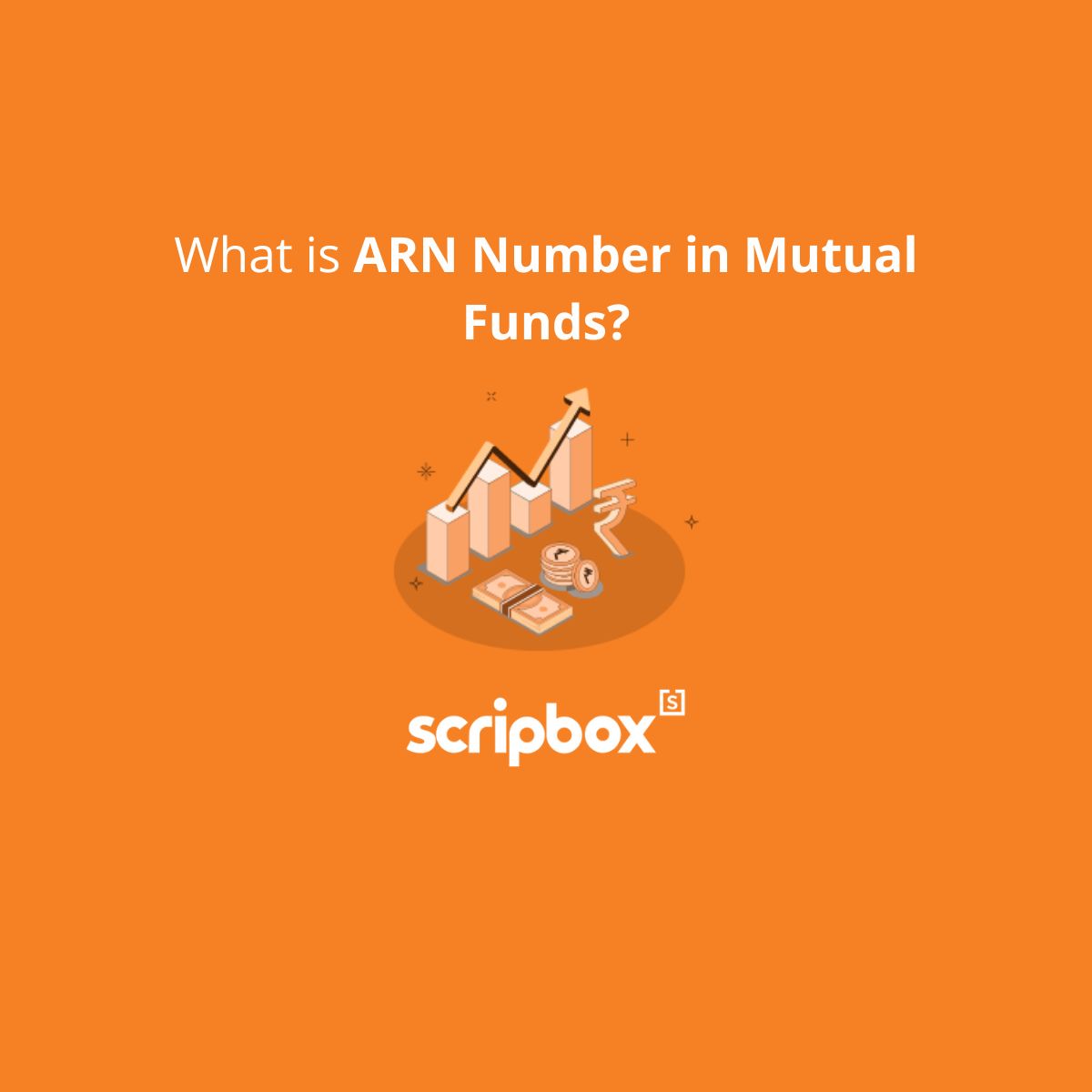
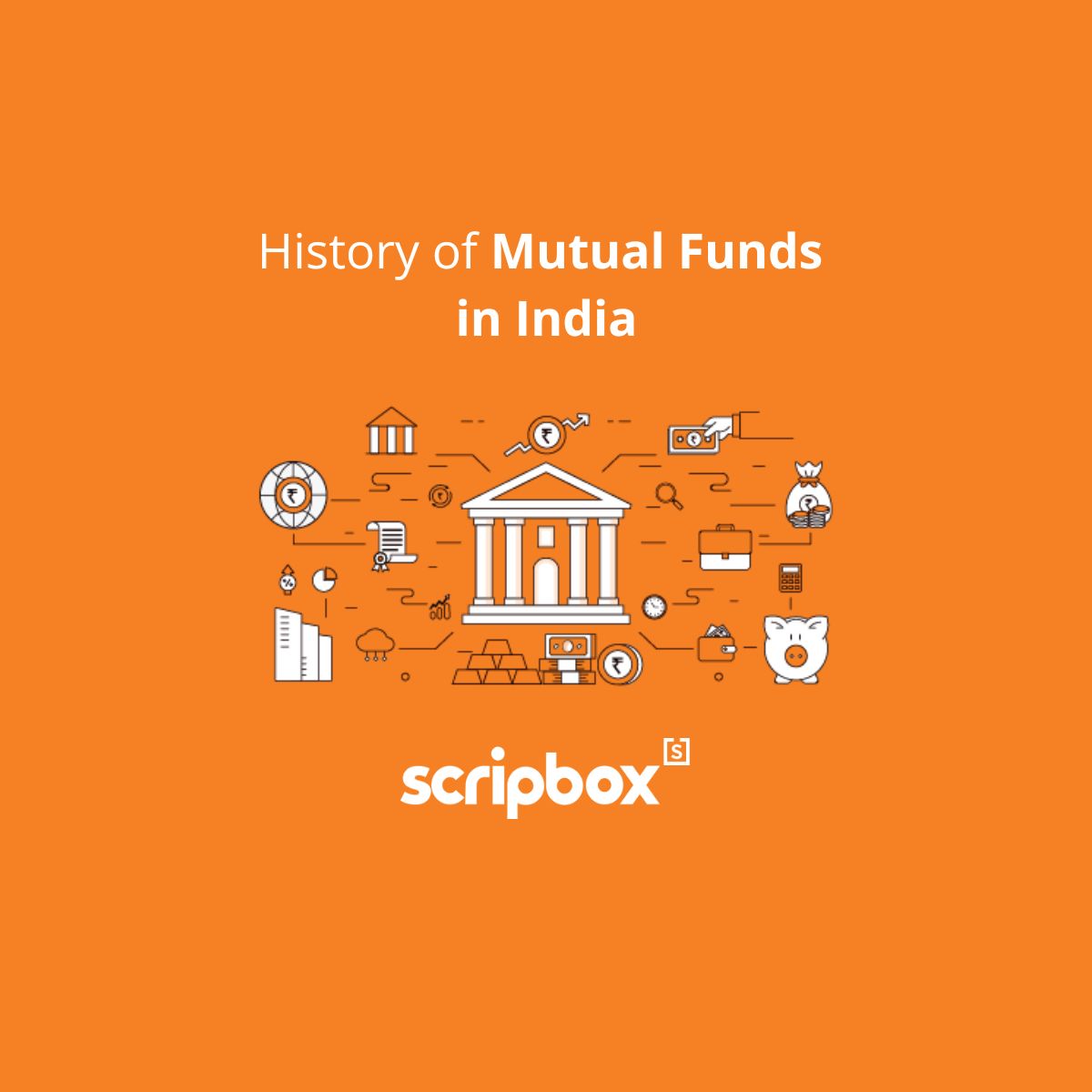







Show comments